Dermatology
Let's take care of your baby's skin?
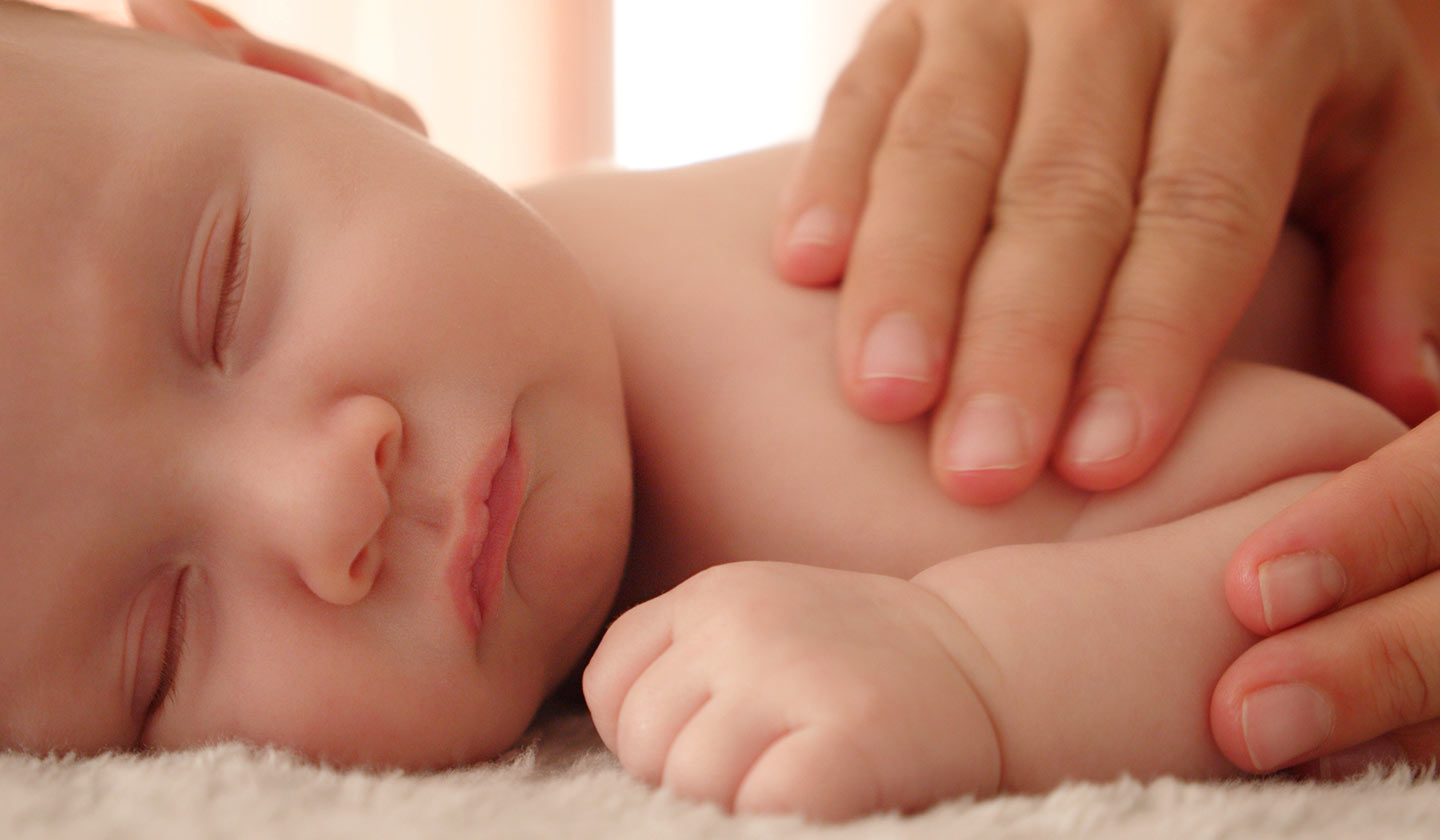
Baby has fragile skin that requires some care, both in the bath and during the day. From atopic skin preventatives to the clothes you wear, there are many ways to give your baby beautiful skin.
The baby's skin plays an important role in maintaining his or her health and defending against irritants, germs, and bacteria. In addition, it is also responsible for regulating the baby's internal temperature. When we take care of baby's skin, we are also stimulating his senses, cultivating bonds, and fostering his healthy development.
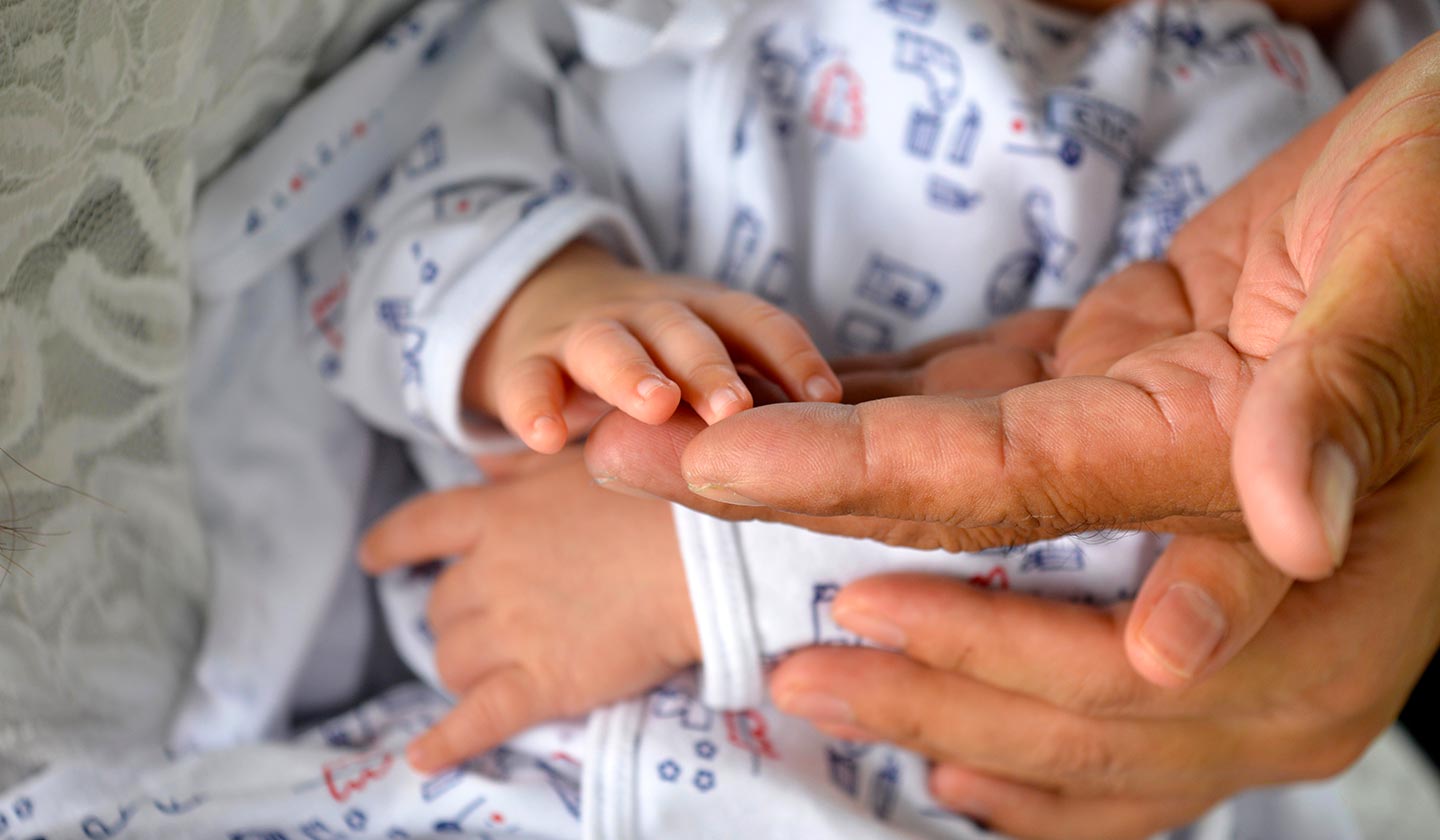
Are there differences between baby and adult skin?
Yes! It may look perfect, but it is very delicate skin and therefore needs extra special care and protection during the first years of life. Let's see: baby's skin:
- Is about 20 to 30 percent thinner;
- Is more prone to dehydration;
- Is more prone to allergies and irritations (because it does not have a well-developed skin barrier);
- It is more sensitive to solar radiation;
- It has a lower resistance to physical and microbial aggressions;
- It absorbs more moisture, but also loses it more quickly.
For these reasons, baby's skin needs more protection against environmental changes and aggressive shower gels. It is therefore important to use cosmetic products that are gentle and developed specifically for newborn skin.
Whether we are cleansing or applying a moisturizing product, we are doing much more than simply helping to keep baby's skin healthy. These daily practices become more important when various senses - such as smell and touch - are stimulated. Pleasant smells, along with our gentle touch, can create lasting memories that baby will remember for a lifetime.
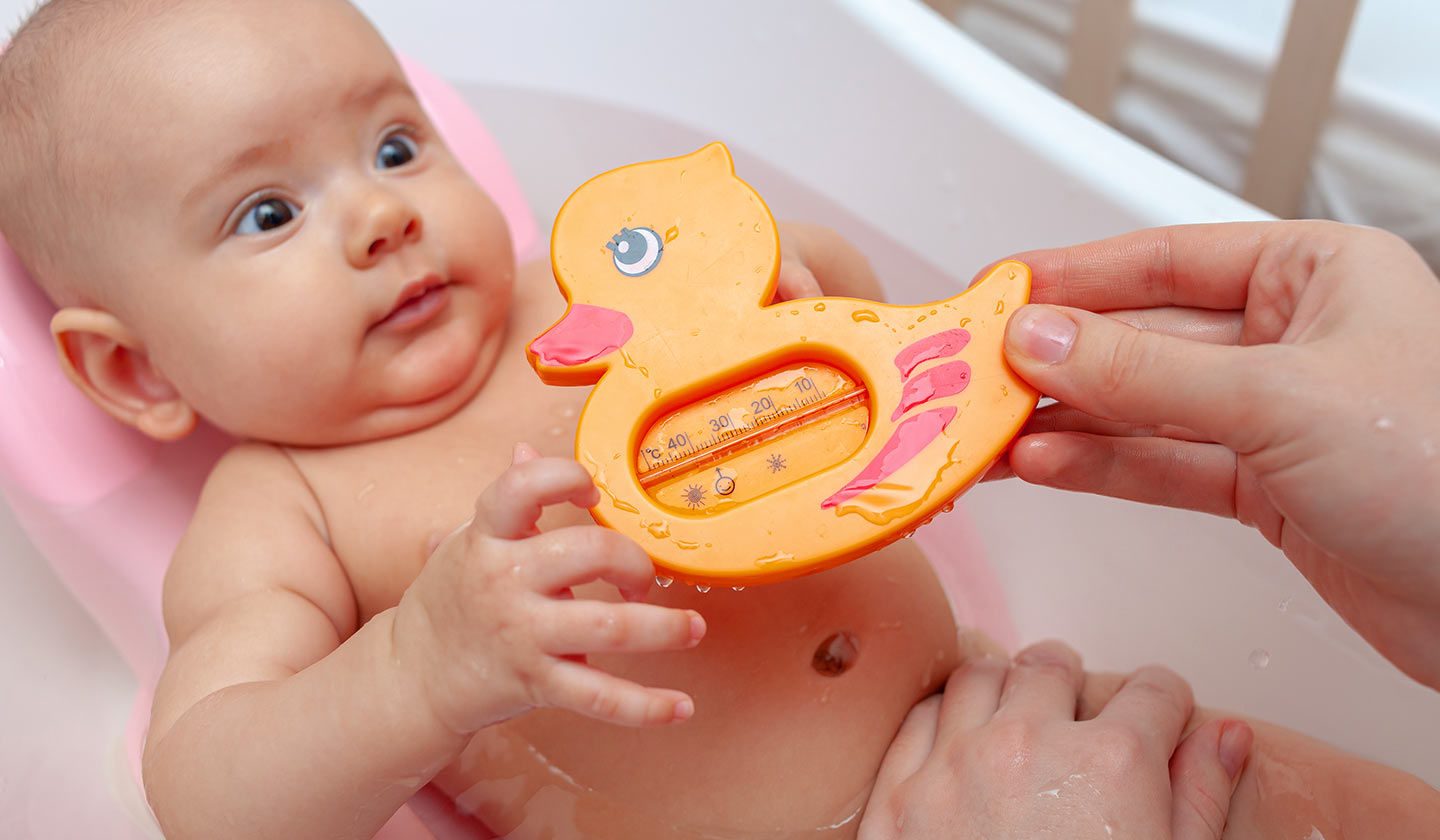
Will there be any challenges taking care of the baby's skin?
One of the biggest challenges is regulating and maintaining the body temperature of the baby's skin, since:
- Their body surface area is relatively large relative to their volume, so they may experience heat loss;
- The activity of their perspiration glands is reduced when compared to those of adults and they cannot compensate in high temperature situations;
- Its cutaneous circulation network is not fully formed and is slow in its contraction or vascular dilation in case of changing temperatures.
The result? Babies become particularly sensitive to extreme temperatures and temperature changes.
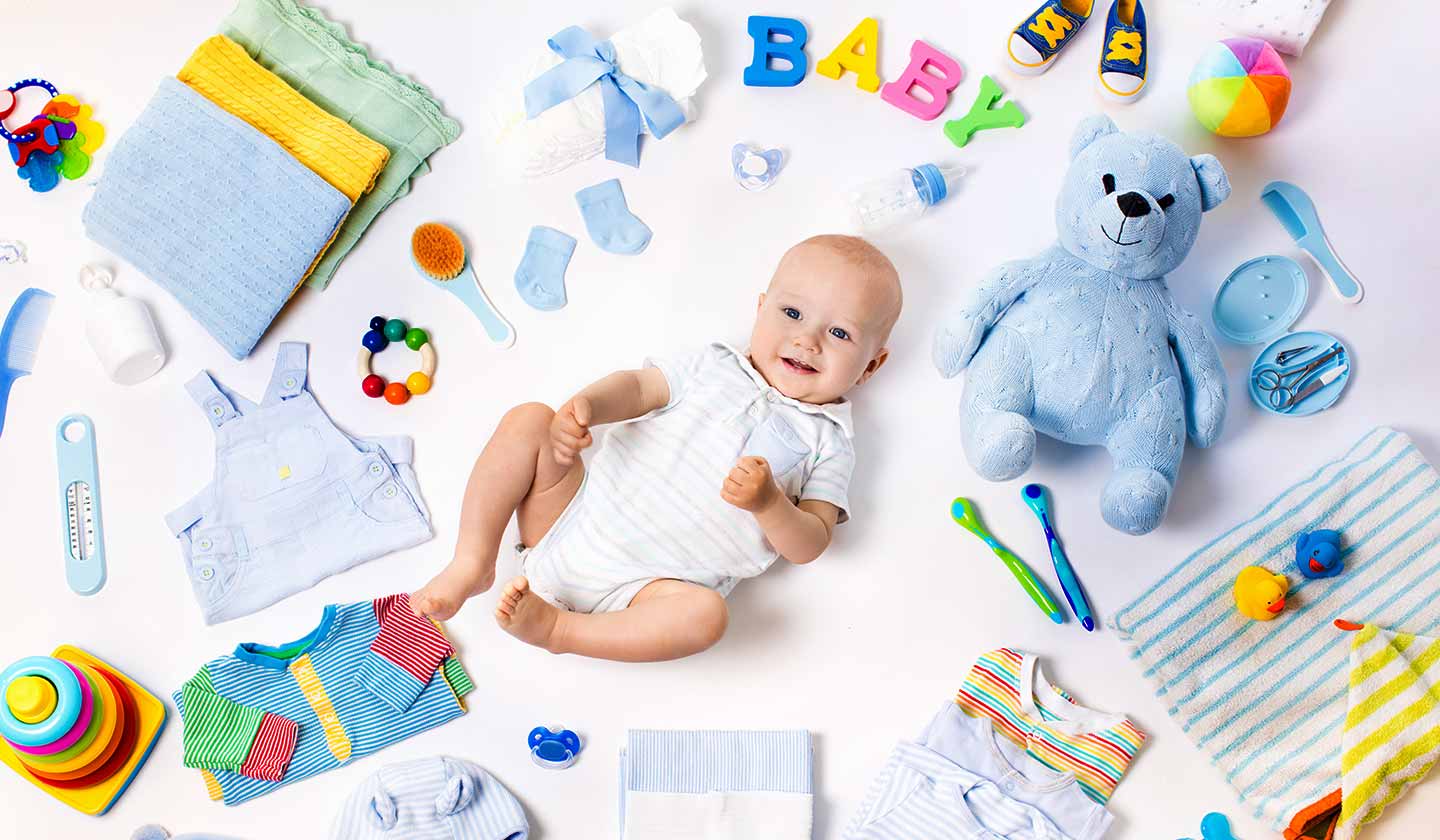
Essential baby skin care
- Use mild lotions: alkaline soaps are aggressive to the skin, removing the skin's natural lipids and drying it out;
- Limit bath time: hot water and long baths remove lipids from the skin. Reduce the time and use warm water instead of hot;
- Regular moisturizing with products for sensitive skin helps keep young skin hydrated and healthy;
- Sun protection: young skin needs special protection against harmful UV rays.
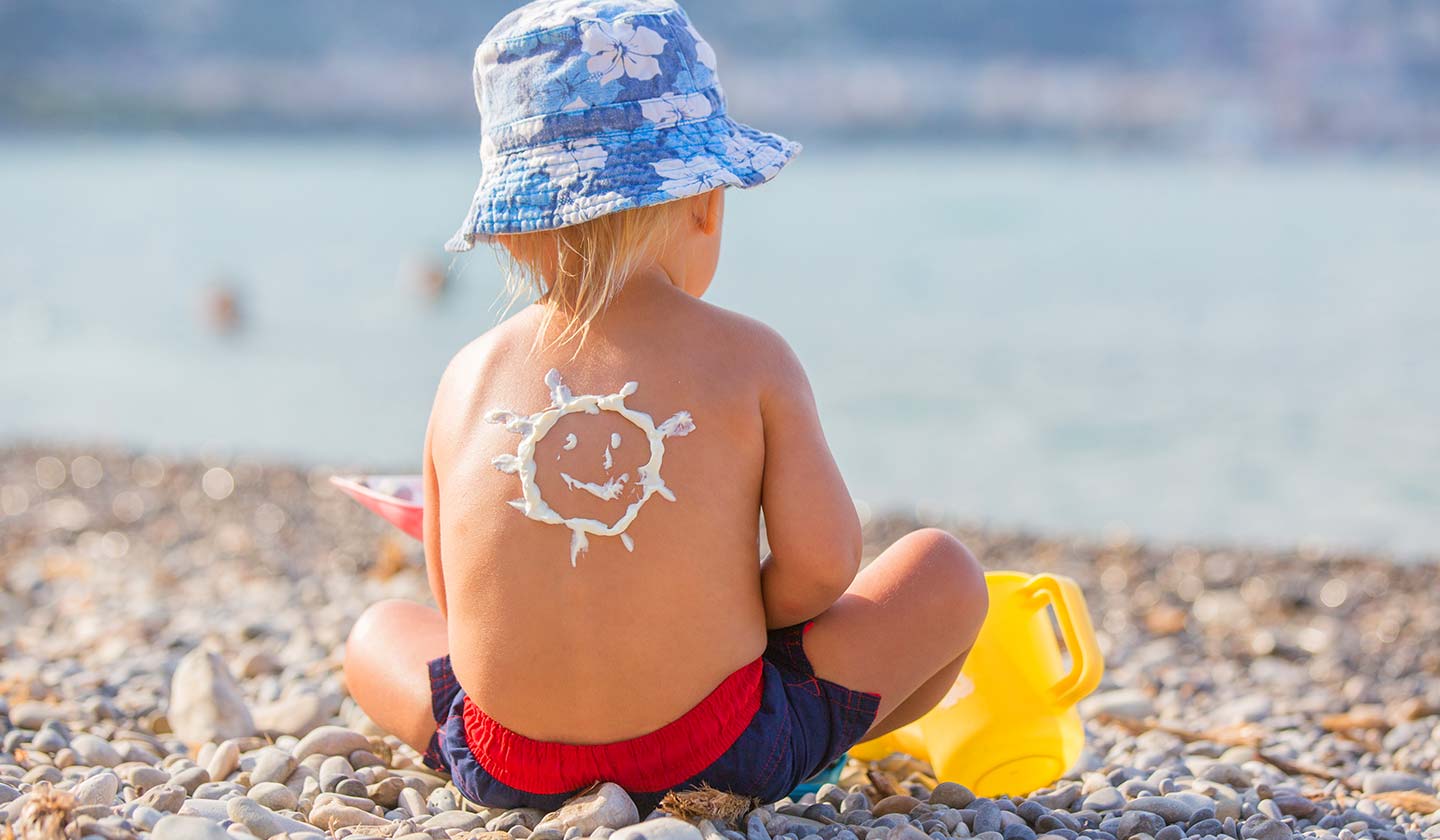
1) How to protect baby's skin from the sun?
Effective, efficient sun protection is essential for babies and children. Young skin is thin and its barrier function is reduced, making it particularly sensitive to UV rays. This sensitivity is increased by the low levels of pigmentation in baby's skin. With only their natural protection from the intense sun, the child's skin can start to burn after five minutes.
Children should avoid the sun between 10 a.m. and 4 p.m., wear protective clothing and use a sunscreen with a high sun protection factor, as exposure to UV rays can cause long-term damage to children's skin.
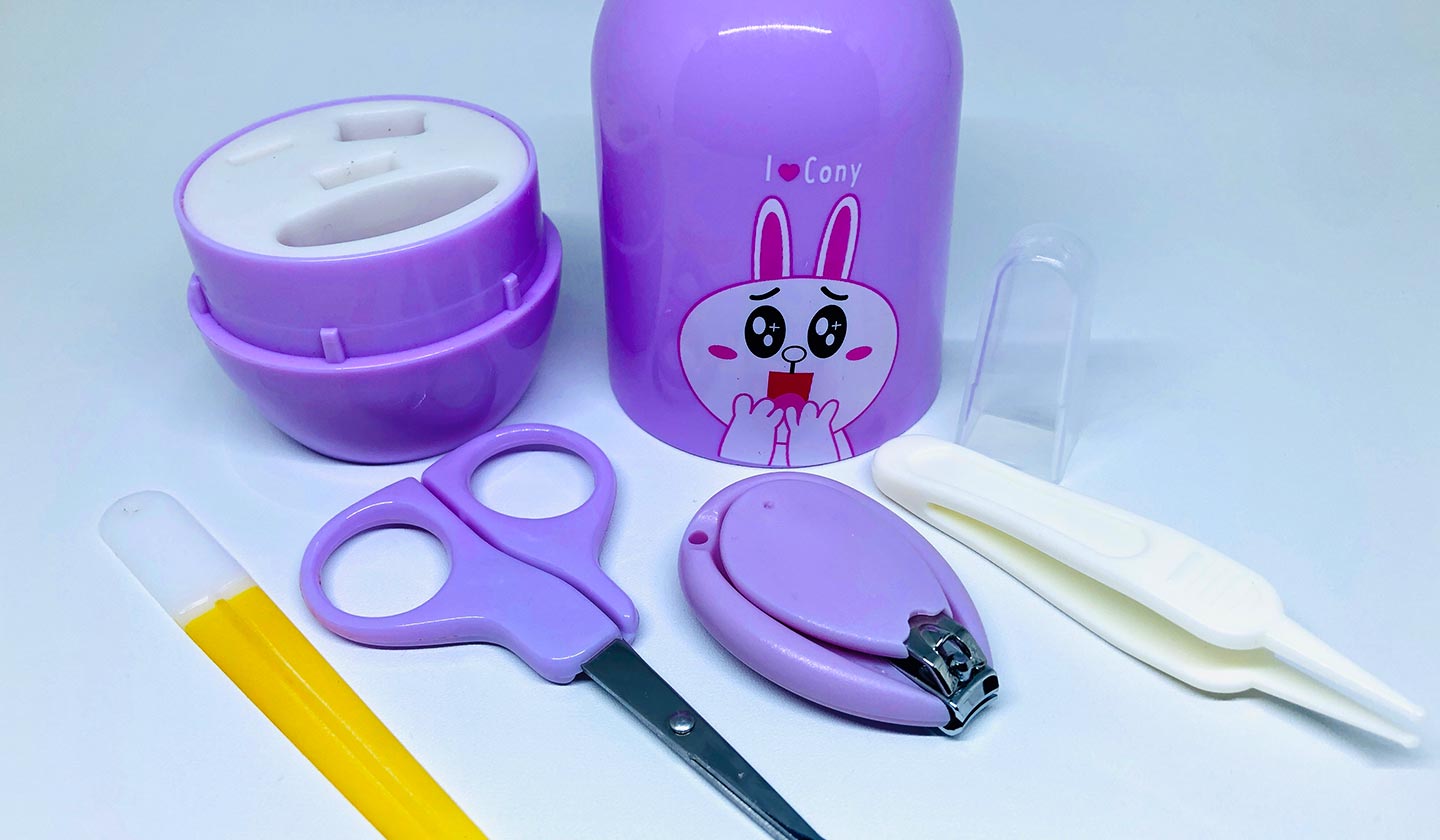
2) Nail Care
Your baby's nails are very thin, sharp, and grow surprisingly quickly. You may need to cut them frequently, and this is an important factor, since newborns can scratch their faces with their own fingernails. What to do? Use a soft nail file, a nail clipper suitable for babies, or nail scissors.
If we talk about toenails, they grow much more slowly and are usually softer, so it is not necessary to keep them as short as the fingernails - once or twice a month.
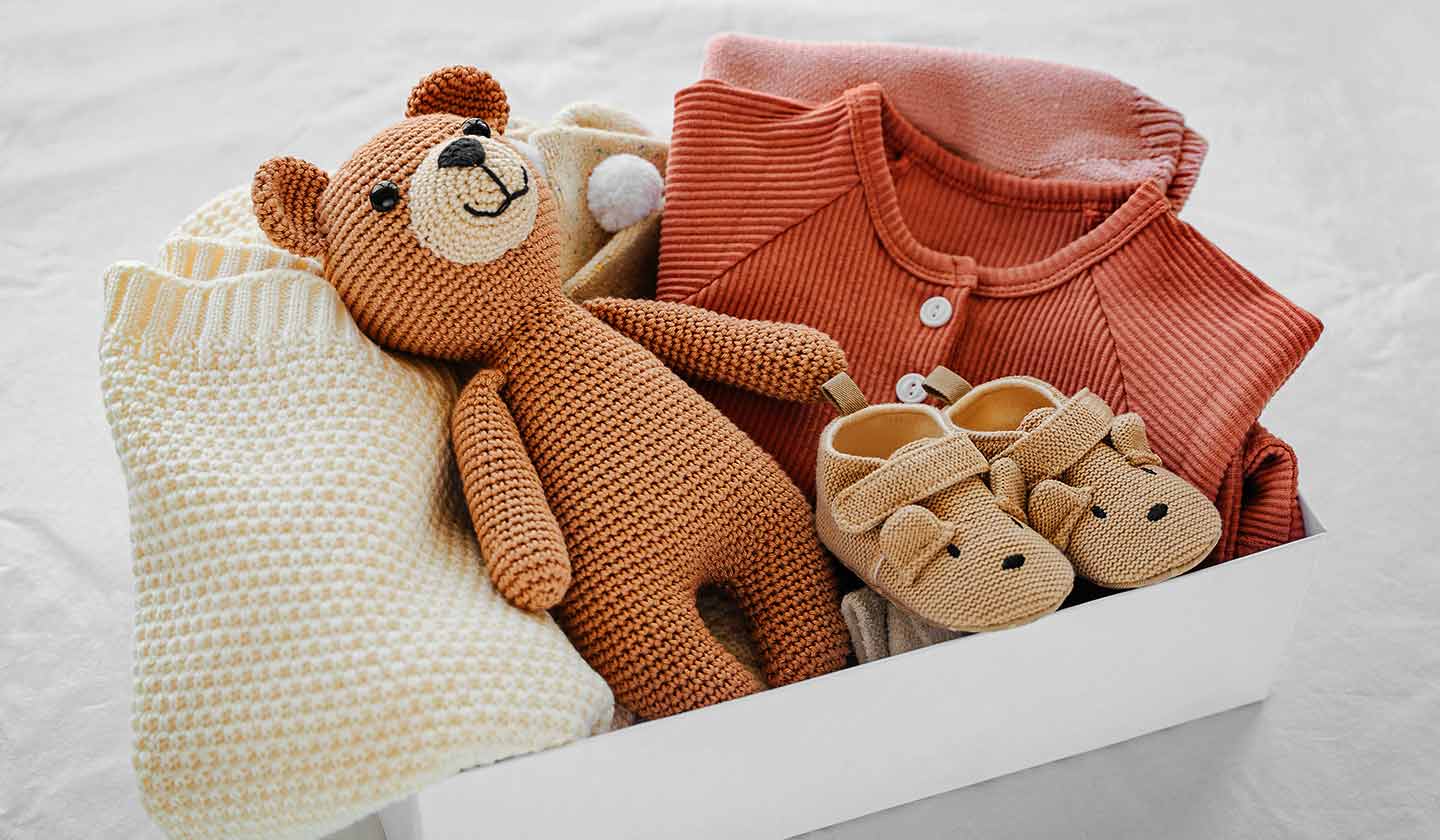
3) What about the baby's clothes??
Dress your newborn baby in one more piece of clothing than you are wearing to keep him warm and comfortable. For newborns - except in the hottest months - this means an undershirt, diaper, pajamas, and a blanket. When the temperature rises above 22, 23°C, you can reduce this to a single piece of clothing.
If the baby is premature or has little body fat, he will be less able to regulate his own body temperature and may need more garments for warmth. Special attention to newborns with little hair that may need a cap, especially at night.
Therefore, a lot of care must be taken when caring for baby's skin in order to make it more resistant to all the daily aggressions it suffers during the day.

Dr. Ricardo Rodrigues
(Pharmaceutical)
Postgraduate in Dermatocosmetology. Postgraduate in Advanced Cosmetology
Blog creator opinguimsemasas






